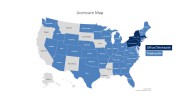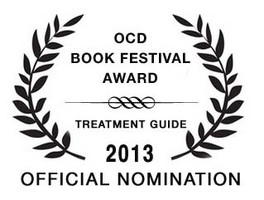
Social Anxiety/Social Phobia
Symptoms of social anxiety/social phobia:
Individuals with social anxiety have an intense fear of social or performance situations and a high rate of avoidance of situations. Individuals experience excessive fear of evaluation, fear of other’s negative judgments, being perceived as foolish, or acting in ways that will be perceived as embarrassing. The fear and anxiety cause significant emotional distress and avoidance, interfering with daily life (e.g., relationships, work, school). An individual may feel powerless against the anxiety, but social anxiety does not have to stop them from reaching their potential.
Here are some questions with which you might identify:
- Does your fear of social situations prevent you from enjoying your life?
- Do you experience strong anxiety, nervousness or discomfort when performing or interacting around other people?
- Do you fear other’s judgments or evaluations toward you?
- Do you worry greatly about doing or saying something embarrassing or humiliating?
Examples of feared situations:
- parties
- participating in meetings/classes
- public speaking
- eating in public
- using public restrooms
- writing in public
- interacting with members of the opposite sex
- dating situations
- talking to persons in authority (e.g., teachers, supervisors)
- refusing unreasonable requests
- asking others for simple favors
- having conversations with others
- large group situations
- small group situations
- one-on-one situations
- performance situations (e.g., sports, music, dance)
Treatment of social anxiety/social phobia:
Treatment can help people overcome the fear that becomes excessive and unreasonable. Effective treatment for social anxiety/social phobia involves cognitive-behavioral therapy (CBT) and the development of effective coping tools. CBT involves cognitive restructuring, which allows one to learn to challenge the value and accuracy of their thoughts related to negative evaluation. CBT also involves exposure therapy, in which one learns to more comfortably handle social situations. Exposure therapy consists of learning to approach anxiety-provoking social situations to reduce anxiety and avoidance. Imaginal exposure is also used to challenge fears through story writing about anxiety-provoking situations and feared outcomes. Other coping strategies are developed, such as assertiveness training.
Examples of therapy goals to decrease social anxiety:
- Understand and identify your anxiety and fears to then solve your problems better.
- Identify the thought patterns and behaviors that lead to negative feelings and choices.
- Learn ways to re-think or re-label and behave to better manage the anxiety.
- Increase comfort level and tolerance for discomfort around others.
- Reduce frequency and intensity of fears of negative social evaluation.
- Improve assertiveness and communication skills.
- Decrease avoidance behaviors.
- Step-by step strategies to cope better in social situations.
- Develop coping strategies to manage stressful situations.
- Design strategies and exercises to overcome shyness and social anxiety.
- Relapse prevention strategies.



